REST APIs with Flask and Python in 2024
Loại khoá học: Programming Languages
Build professional REST APIs with Python, Flask, Docker, Flask-Smorest, and Flask-SQLAlchemy
Mô tả
Are you tired of boring, outdated, incomplete, or incorrect tutorials? I say no more to copy-pasting code that you don’t understand.
Welcome to the bestselling REST API course on Udemy! I'm Jose. I'm a software engineer, here to help you truly understand and develop your skills in web and REST API development with Python, Flask, and Docker.
Production-ready REST APIs with Flask
This course will guide you in creating simple, intermediate, and advanced REST APIs including authentication, deployments, databases, and much more.
We'll start with a Python refresher that will take you from the very basics to some of the most advanced features of Python—that's all the Python you need to complete the course.
Using Flask and popular extensions Flask-Smorest, Flask-JWT-Extended, and Flask-SQLAlchemy we will dive right into developing complete, solid, production-ready REST APIs.
We will also look into essential technologies like Git and database migrations with Alembic.
You'll be able to...
Create resource-based, production-ready REST APIs using Python, Flask, and popular Flask extensions;
Handle secure user registration and authentication with Flask.
Using SQLAlchemy and Flask-SQLAlchemy to easily and efficiently store resources to a database; and
Understand the complex intricacies of deployments of Flask REST APIs.
Use Docker to simplify running and deploying your REST APIs.
But what is a REST API anyway?
A REST API is an application that accepts data from clients and returns data back. For example, a REST API could accept text data from the client, such as a username and password, and return whether that is a valid user in the database.
When developing REST APIs, our clients are usually web apps or mobile apps. That's in contrast to when we make websites, where the clients are usually the users themselves.
Together we'll develop a REST API that not only allows clients to authenticate but also to store and retrieve any data you want from a database. Learning this will help you develop any REST API that you need for your own projects!
I pride myself on providing excellent support and feedback to every single student. I am always available to guide you and answer your questions.
I'll see you on the inside. Take your first step towards REST API mastery!
Bạn sẽ học được gì
Connect web or mobile applications to databases and servers via REST APIs
Create secure and reliable REST APIs which include authentication, deployments, and database migrations
Understand the different layers of a web server and how web applications interact with each other
Handle seamless user authentication with advanced features like token refresh
Handle log-outs and prevent abuse in your REST APIs with JWT blacklisting
Develop professional-grade REST APIs with expert instruction
Optimize performance of your REST APIs using task queues and background workers
Yêu cầu
- Some prior programming experience in any programming language will help. The course includes a full Python refresher course.
- All software used in the course is provided, and completely free
- Complete beginners may wish to take a beginner Python course first, and then transition to this course afterwards
Nội dung khoá học
Viết Bình Luận
Khoá học liên quan

Đăng ký get khoá học Udemy - Unica - Gitiho giá chỉ 50k!
Get khoá học giá rẻ ngay trước khi bị fix.

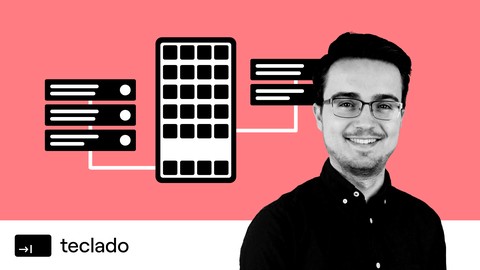
![[NEW] Full-Stack Java Development with Spring Boot 3 & React](/uploads/courses/udemy/5338984_4d3a_5.jpg)

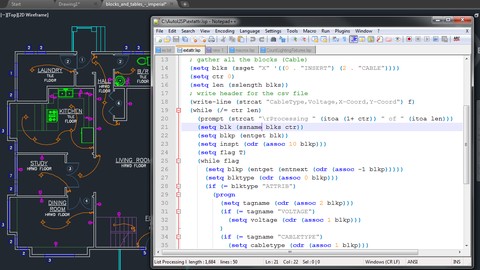
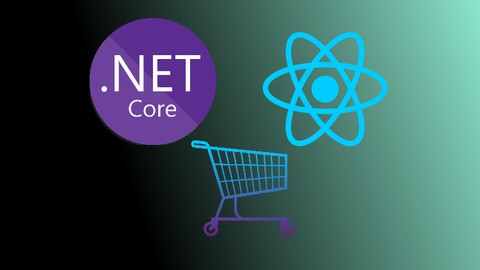
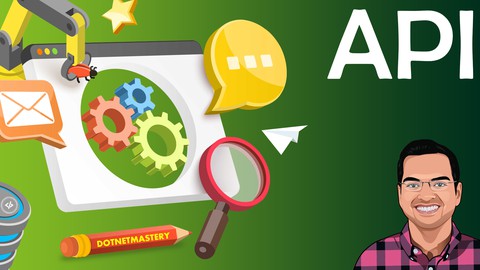
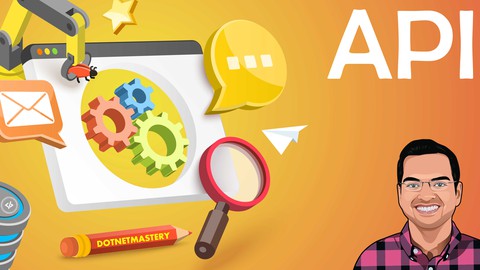
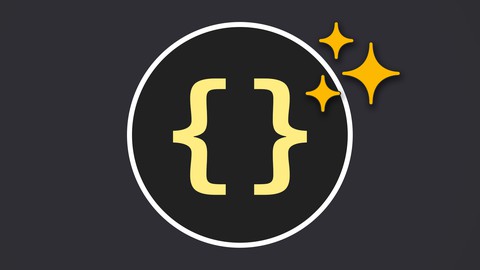
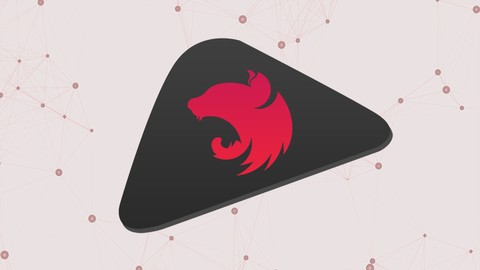

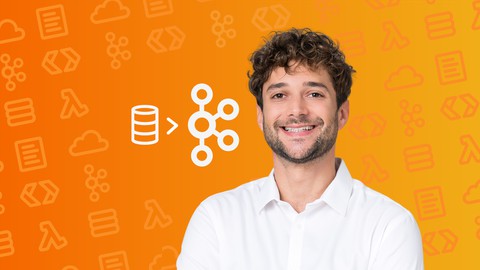




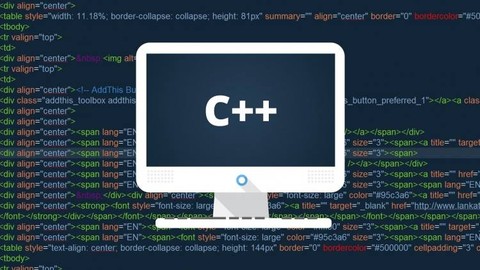

Đánh giá của học viên
Bình luận khách hàng